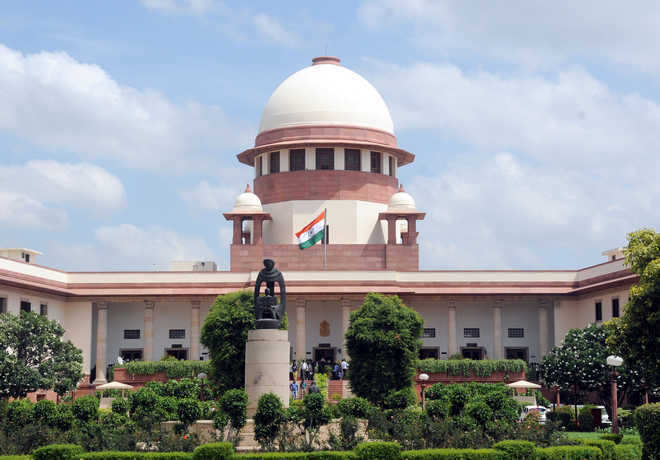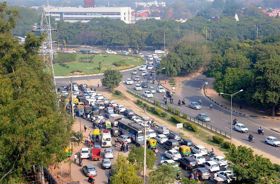
IN a welcome flip-flop, the Centre has decided to ‘re-examine and reconsider’ the sedition law, just two days after defending in the Supreme Court not only this draconian relic of the Raj but also the 1962 verdict of a Constitution Bench upholding its validity. - File photo
IN a welcome flip-flop, the Centre has decided to ‘re-examine and reconsider’ the sedition law, just two days after defending in the Supreme Court not only this draconian relic of the Raj but also the 1962 verdict of a Constitution Bench upholding its validity. The Ministry of Home Affairs has stated that the decision is in tune with the Prime Minister’s views on shedding ‘colonial baggage’. Having scrapped over 1,500 outdated laws in the past eight years or so, it has taken the NDA government too long to commit itself to revisiting provisions of Section 124A of the IPC. There is no time to lose now.
It was in July last year that the apex court had wondered why a colonial-era law used by the British to silence Mahatma Gandhi and Bal Gangadhar Tilak was in existence even 75 years after Independence and why the government was not repealing it. The poor conviction rate in sedition cases is ample proof of the law’s rampant misuse to quell dissent. Preventing abuse on a case-to-case basis, as suggested by the Centre last week before it had a ‘change of heart’, is neither feasible nor desirable.
The CJI recently attributed the high litigation load to non-performance by various wings of the executive and the failure of the legislature to realise its full potential. The repeal of archaic, vindictive laws can be a step towards reducing the pendency of cases. For instance, the time is ripe to review the Constitution (First Amendment) Act, 1951, which severely restricts individual liberties and sanctions indiscriminate action by the State. Imposing limitations to freedom of speech and expression on the grounds of ‘public order’ and ‘incitement to an offence’ undermine our democracy and imperil the citizens’ fundamental rights (in stark contrast, the First Amendment to the US Constitution bars the State from curbing fundamental freedom). The Centre insists that Azadi ka Amrit Mahotsav is the ideal occasion to make a clean break with the colonial past. This spirit should also encompass post-Independence laws which have long outlived their utility and are a blot on India’s image as a free and fair nation.
Join Whatsapp Channel of The Tribune for latest updates.


























